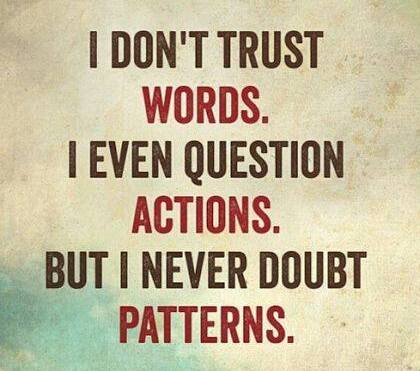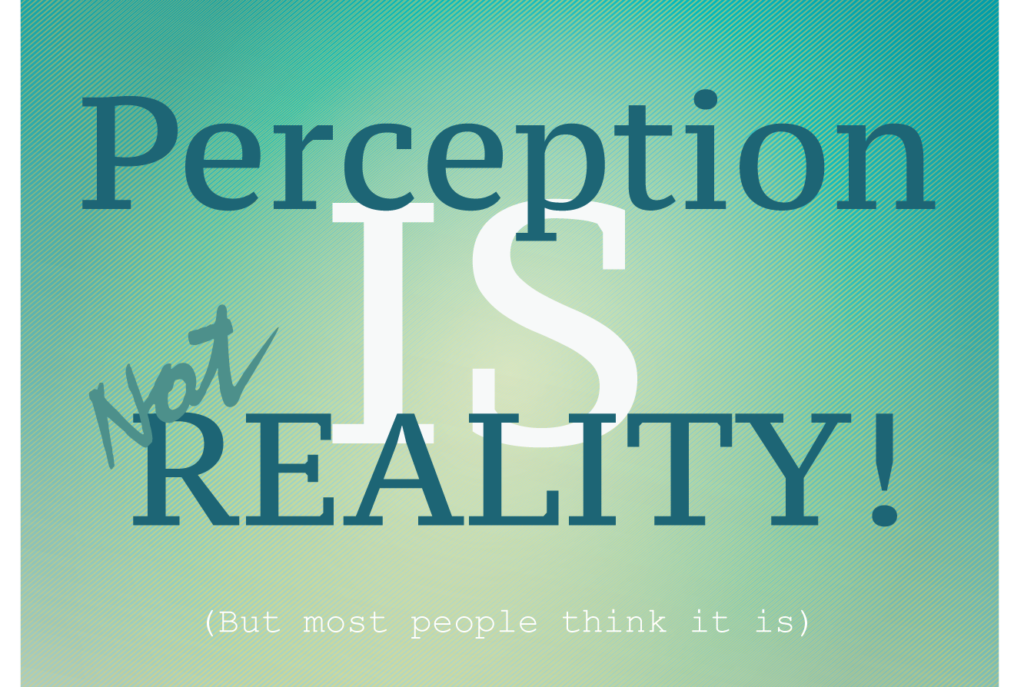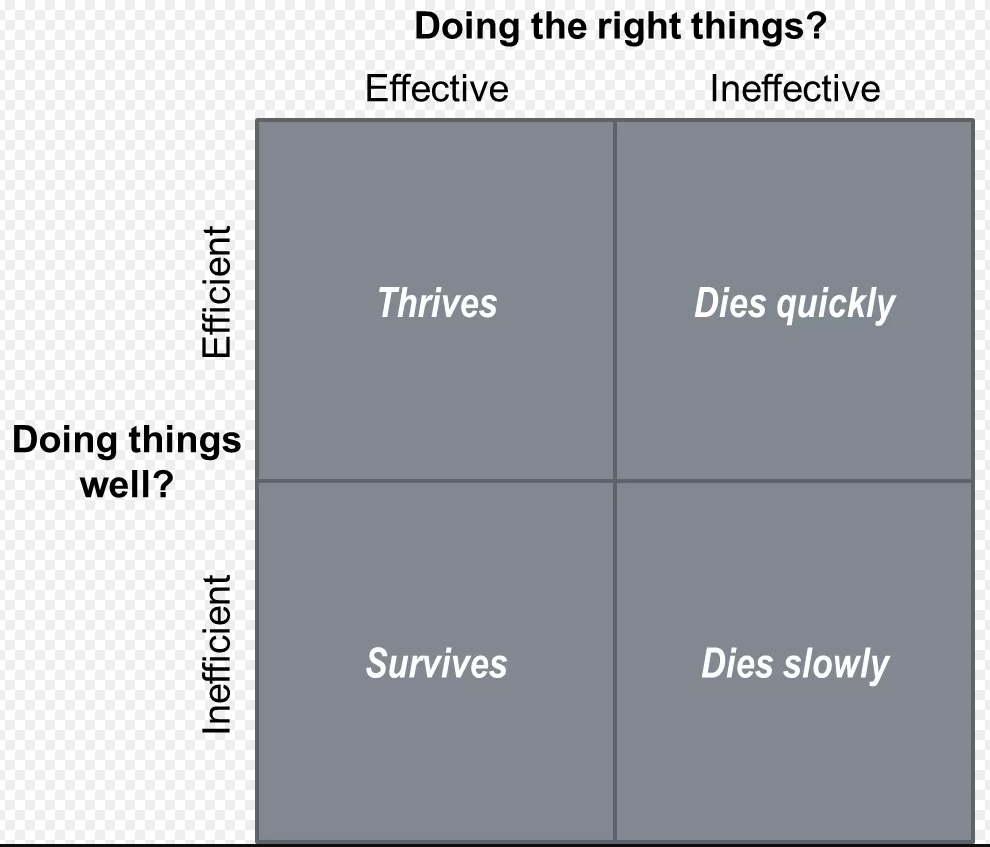
Realize They Are Just Like You
One advantage gained through consulting clients in all types of industries, over twenty-plus years, is you begin to see patterns. Patterns in what people think, patterns in how people react, patterns that lead to certain decisions, and patterns that lead to more patterns.

As I was reading through an article by Richard Branson, “No Such Thing as a Perfect Business”, the realization came to me that while the majority of mid-sized organizations knew their own companies struggled to do the most basic tasks and processes, their view of their competitors, who were similarly sized, usually were way off-target. Clients, by default, assumed that competitors A, B and C were all using best practices within their own organizations. My customers truly believed that the rest of the industry had figured out how to do more with less, and the client was missing out on what they heard around town (or online). Patterns of inferiority were visible within every IT and business unit.
Without fail, the same types of statements come up at the start of every new engagement, such as:
—-
“You are going to laugh at the way we pull together our reports. We use an Excel workbook with 30 tabs that gets built manually each week for the CFO.”
“I know that this process is twenty-years old, but it’s just the easiest thing to do for now. We haven’t had the time or budget to update it.”
“We have no way to do things like our competitors because we don’t have the man-power.”
“I know we are the only client you’ve seen without an Intranet, but we just use email blasts to keep everyone in the loop.”
—-
Yet, the truth is that 90% of businesses are in the same situation. They are faced with the same constraints, the same growing pains, the same challenges, and the same feeling of inadequacy in some (or all) of their business processes. Maybe this is a product of vendor marketing – continuous messaging about what is “normal” or “standard” business practice so clients assume they are behind the curve. Or, it could be that people select the best of their past experiences (even if they come from ten different places) and want their current organization to have the best of all these items at once.

Either way, it is invaluable for businesses to recognize that others are just like them. Nobody has it all – Nobody. Even the goliaths within each industry have areas that they have been willing to sacrifice.
In fact, I would argue, these inefficiencies are often signs of effectiveness. Yes, it sounds odd, until you remember that nearly all resources, even in a digital world, are limited. Money, space and time can only be used in so many ways. If a business chooses to create best practices for all processes it will sacrifice resources that could have been used elsewhere, leading to greater results overall; and, no matter how big you are, competitors will be able to gain ground if they can better manage resources on value- added tasks.
One may be efficient by doing the right things the right way, but if you use up all your budget or time to get there, your organization may be less effective in reaching its overall goals. You can survive with inefficiencies because you can still be effective; however, you will get killed off if your processes are perfect but you are focusing on the wrong areas.

One of the best ways to connect is to walk new clients through challenges that most other organizations face similar to their own, without even hearing their specific challenges. By explaining even the best firms don’t have Six Sigma black-belt managers to develop and deliver perfect products and services, a sense of relief comes in the room. As I walk through common challenges, to any project, program or implementation, a look of, “Hey, that is exactly what we deal with as well” comes over their faces. It’s only at that point that the focus shifts to the future state.
Once clients know their problems are understood and they are not alone, they then think, “how do I want to spend my limited resources?” Maybe its better to spend $50K on creating a Marketing plan that will generate revenue than modernize a reporting system with a new software tool. Or maybe we deal with the current CRM system over the ERP platform because it is hindering our growth.
With experience comes the ability to make better decisions that account for the bigger picture. The smartest directors are able to discount the problems that will have smaller long-term damage, no matter what other organizations do. Instead they look to fix the processes that effect the entire organization. Comparing yourself to others in every area of business is a recipe for over-spending and wasted time.
Let me know if you agree as well or had other experiences.
About the author: David Apollon is the managing director at 9Nation Inc., a consulting firm founded ten years ago to help Fortune 500 companies as well as growth-stage firms handle special IT and strategic projects including ERP, CRM and cloud-based implementations. David has led over 75 corporate programs, projects and PMO initiatives in the past 20 years.
